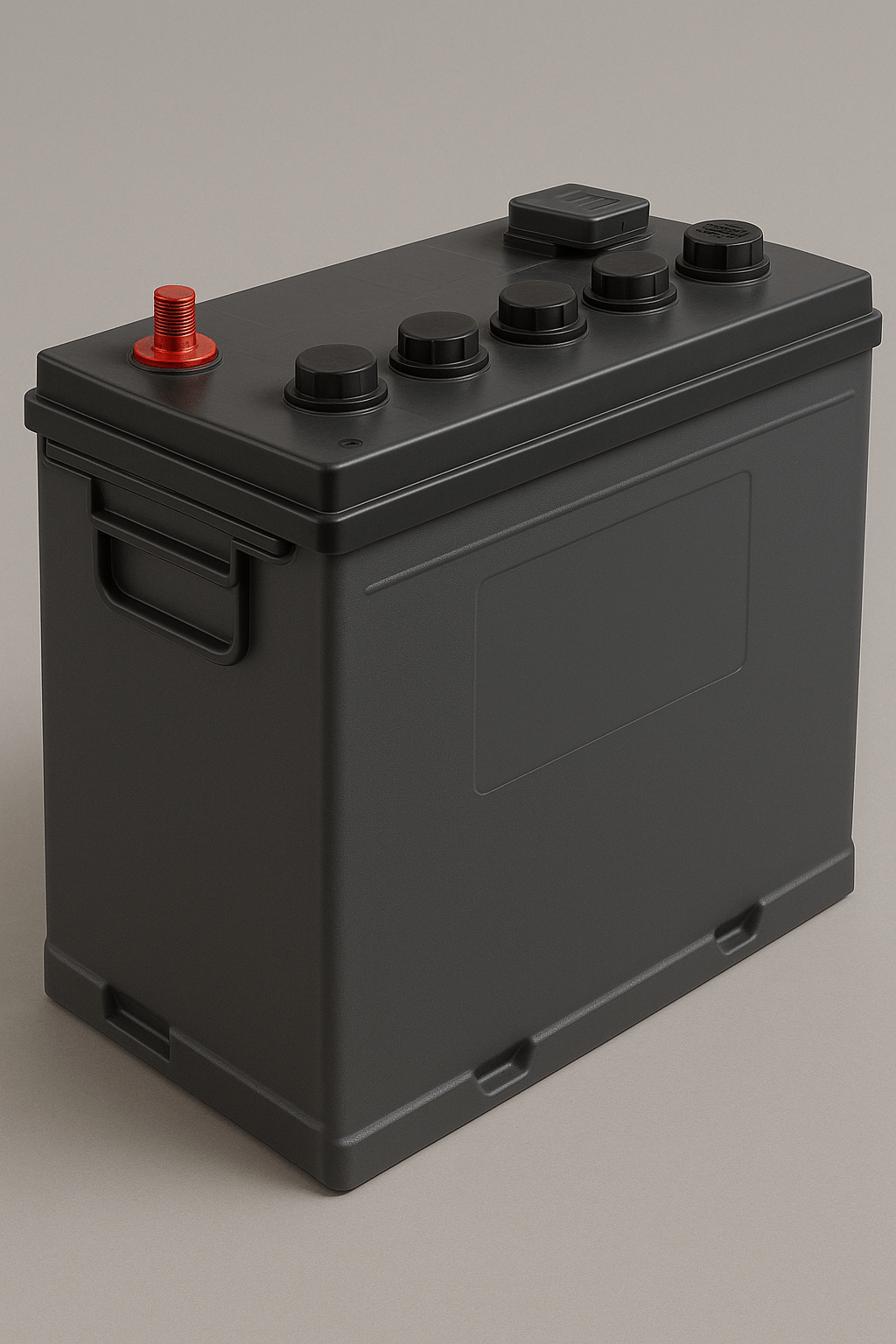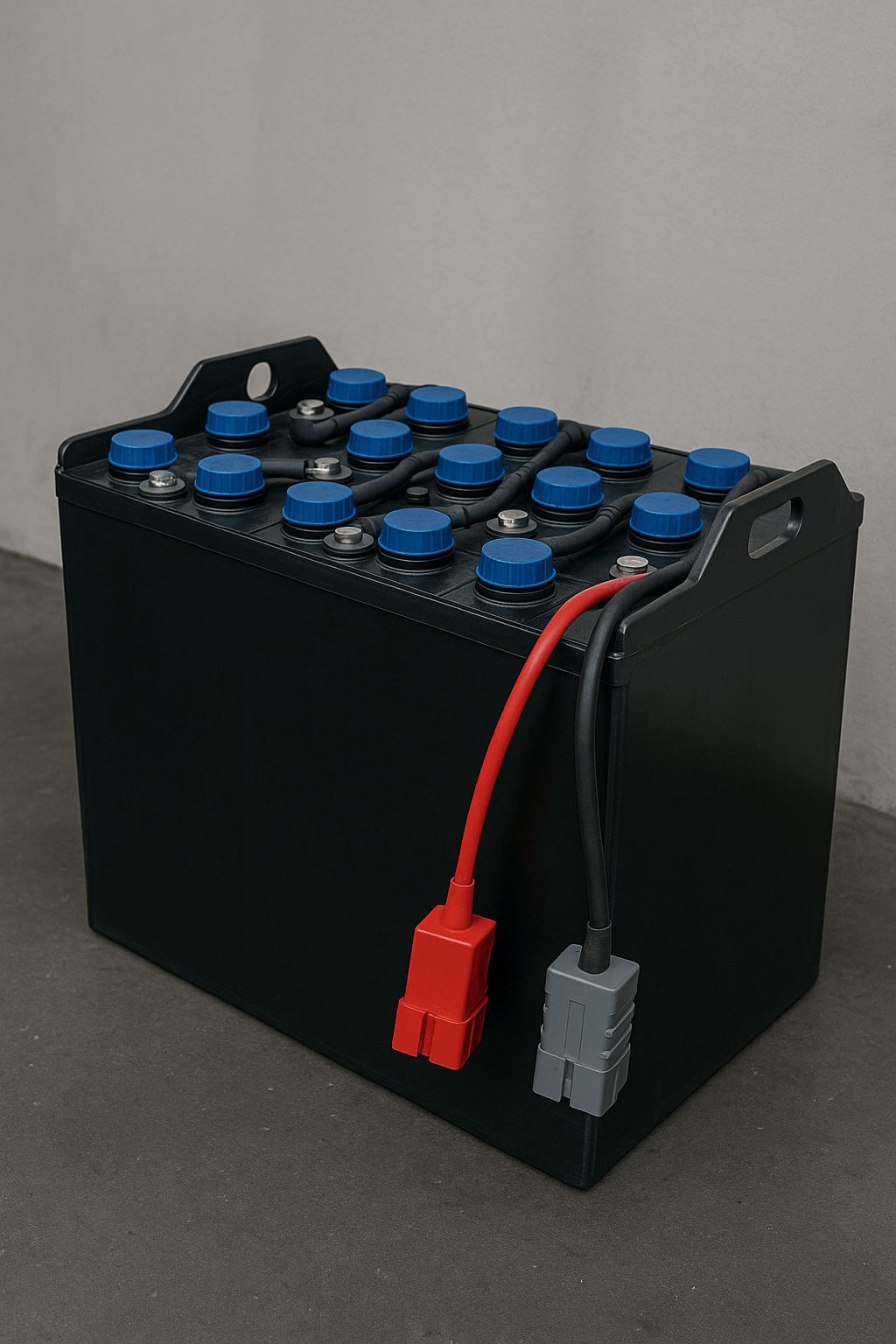Customs Clearance of Electric Accumulators and Battery Plates (Nickel, Lithium, Cadmium): HS Code 8507 + Documents and Permits
Electric accumulators or industrial batteries are vital and essential components in many industrial, commercial, and even household systems. These devices act as the main source for storing and supplying electrical energy and, when needed, transfer the stored energy to various devices and machinery. Given the key role these batteries play in the stable and reliable performance of industrial systems, importing and clearing them from customs requires full awareness of customs regulations, precise identification of the type and features of the product, and compliance with national and international standards.
To check the cost and time for clearing electric accumulators and battery plates, contact the Saba Tarkhis experts.
Instant Free Consultation
1) Main Applications of Electric Accumulators
Electric Automotive Industry:
Lithium-ion batteries: These batteries are used as the primary energy source in electric and hybrid vehicles. Outstanding features such as light weight, high energy storage capacity, and long lifespan have made them the main choice of the automotive industry.
Nickel-metal batteries: This type is also used in some hybrid vehicles and, due to high durability and suitable performance in various temperatures, is favored by vehicle manufacturers.
Industrial Transportation Equipment:
Forklifts and heavy machinery: Industrial electric accumulators are used in equipment such as forklifts and other industrial transport machines. Lead–acid and lithium-ion batteries are the most common types in this field due to their power and efficiency, low maintenance needs, and fast charging capability.
Energy Storage in Renewable Systems:
Solar and wind systems: Industrial batteries, especially lithium-ion, play an important role in storing energy generated from renewable sources like the sun and wind. These batteries can store energy at the time of generation and supply it at the time of demand, which is crucial for improving the efficiency of renewable systems and reducing dependence on the grid.
UPS Systems and Telecommunications Equipment:
Uninterruptible Power Supplies (UPS): These batteries are used to supply power during outages and ensure uninterrupted operation of sensitive systems. Nickel–cadmium and lithium-ion batteries are used in UPS and telecom equipment due to their high capabilities and long durability.
2) Key Considerations in Customs Clearance of Electric Accumulators
1. Electric accumulator (battery):
- Customs Tariff Code (HS Code): 8507
Lithium-ion batteries: These are classified under 8507.60.
Nickel–cadmium batteries: These are usually identified with 8507.50.
Nickel–metal hydride (NiMH) batteries: These are also under 8507.40.
2. Battery plates of nickel, lithium, and cadmium:
Customs Tariff Code (HS Code): 8507
Plates for lithium batteries: commonly under 8507.60.
Plates for nickel–cadmium batteries: also identified under 8507.50.
3) Compliance with International and National Standards
Safety and environmental standards: Safety and environmental standards are critical for importing electric accumulators. Industrial batteries, due to hazardous chemicals such as mercury, cadmium, and lead, are subject to strict regulations on restricted substances and proper recycling. In Iran, the import of these batteries must comply with national standards such as ISIRI and international standards such as IEC. Non-compliance may result in clearance delays or even return of goods to the country of origin.
4) Special and Essential Permits
Specific import permits: Some electric accumulators require special permits from relevant organizations due to their constituent materials or special applications. For example, for batteries containing hazardous substances or intended for sensitive sectors like telecommunications or defense industries, permits from the Department of Environment or the Ministry of Defense are necessary. These permits must be obtained before the goods enter customs and be submitted with the customs declaration.
5) Essential and Required Documents
- Sales invoice: Must include complete details of the battery specifications, price, and sales terms.
Packing list: Must accurately state the quantity, weight, and type of packaging for each shipment.
Certificate of origin: Shows the producing country of the battery and plays a role in determining import tariffs and reviewing import conditions.
Certificates of compliance with standards: Indicate that the imported batteries were produced according to national and international standards. For some batteries, such as those used in electric vehicles, additional certificates like automotive compliance may also be required.
6) Technical and Legal Challenges in Clearing Electric Accumulators
Environmental challenges: A major challenge is compliance with environmental regulations. Batteries containing hazardous materials such as lead and mercury require strict measures to prevent pollution.
Tariff fluctuations and regulatory changes: Customs laws and regulations may change continuously, so importers must always stay informed to avoid clearance issues.
Quality control and conformity: In some cases, goods may be randomly selected by customs for quality control testing, which can delay clearance.
7) Import and Export of Electric Accumulators
Imports into Iran: Most industrial batteries imported to Iran are supplied by countries such as China, South Korea, Japan, and some European countries. Due to high production capacity and advanced technology, they are considered the main global suppliers of electric accumulators.
Exports from Iran: Although the production of electric accumulators in Iran is developing, export volumes are smaller than imports. Nevertheless, there is significant potential for expanding exports to neighboring and regional markets such as Iraq, Afghanistan, and Turkmenistan.
8) Global Import and Export Volumes
The global market for electric batteries has grown significantly over the past decade, mainly due to increased demand for electric vehicles and the development of renewable energy systems. According to international statistics, China, the United States, Japan, and South Korea are the largest producers and exporters of electric accumulators. European countries and some Asian countries are among the largest importers of these products.

Frequently Asked Questions
What are the HS Codes for Li-ion, Ni-Cd, NiMH batteries?
Li-ion: 8507.60; Ni-Cd: 8507.30; NiMH: 8507.50. Parts/plates generally 8507.90. :contentReference[oaicite:۵]{index=۵}
What documents are required for clearance?
Sales invoice, packing list, certificate of origin, compliance and standard certificates, required permits, and other documents mentioned on this page.
Special Customs-Clearance Services by Saba
The global market for electric batteries has grown significantly over the past decade, mainly due to increased demand for electric vehicles and the development of renewable energy systems. According to international statistics, China, the United States, Japan, and South Korea are the largest producers and exporters of electric accumulators. European countries and some Asian countries are among the largest importers of these products.Saba, as a leading company in customs clearance, offers special services for importers and exporters of electric accumulators, including:
Providing expert consulting: Our experienced experts, fully versed in customs laws and regulations, offer specialized consulting for clearing electric batteries. This includes precise HS Code determination, preparation of essential documents, and obtaining necessary permits.
Fast and trouble-free clearance: Using our broad network and cooperation with various customs offices, your clearance process is carried out with high speed and accuracy. With access to advanced systems, we prevent potential issues in the clearance process.
Document follow-up and management: We handle the preparation and management of all documents required for clearance, including standard certificates, import permits, and commercial invoices, ensuring that all steps are done correctly and without defects.
Post-clearance services: Our services continue after clearance and include advice on proper storage and transportation of electric accumulators and providing solutions to reduce customs costs in future clearances. These services ensure your goods reach the final destination safely and optimally.
.png)
